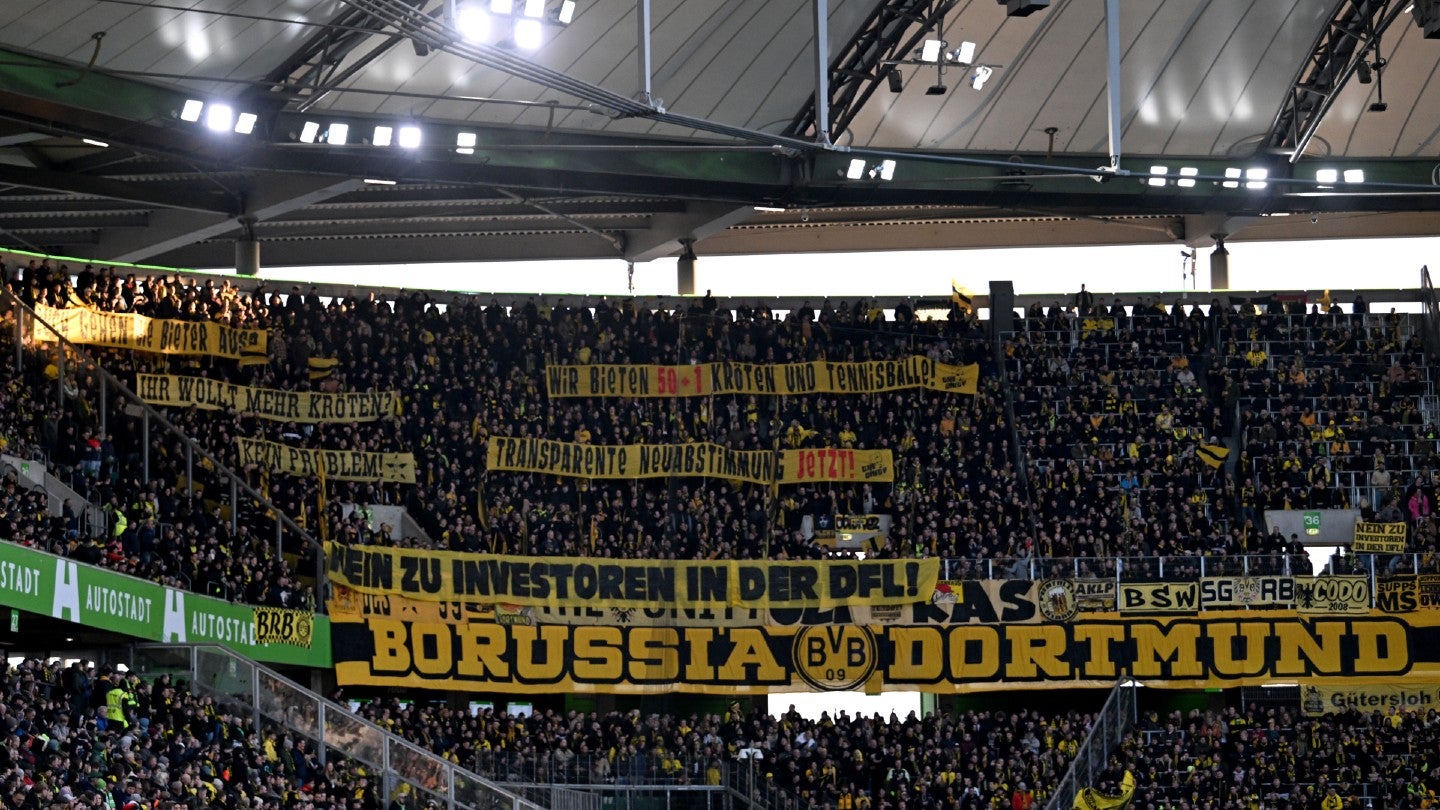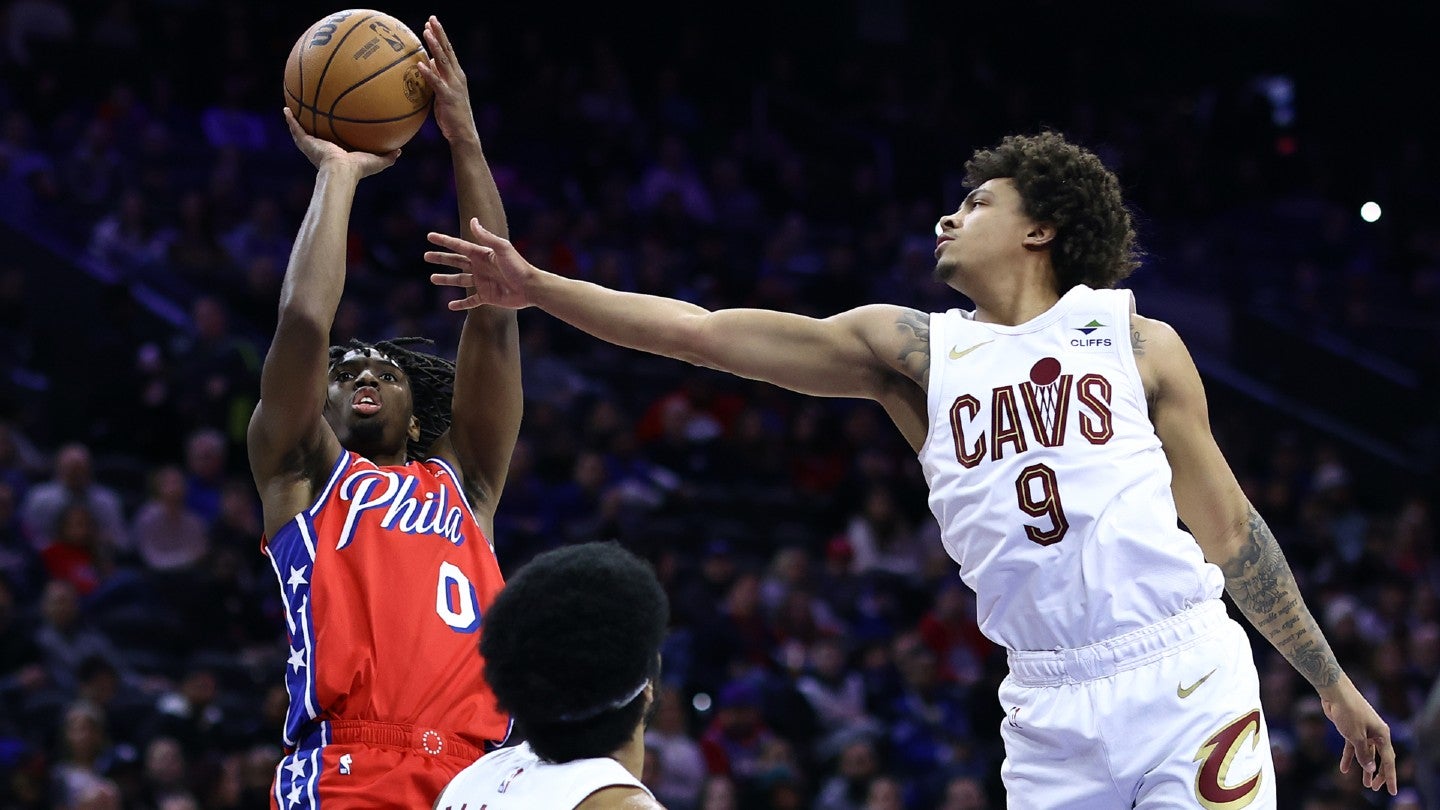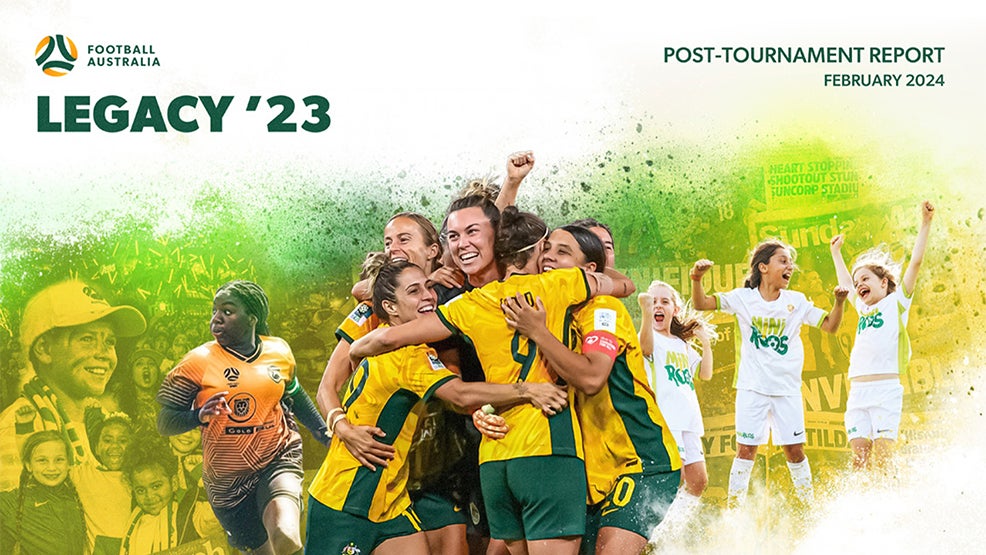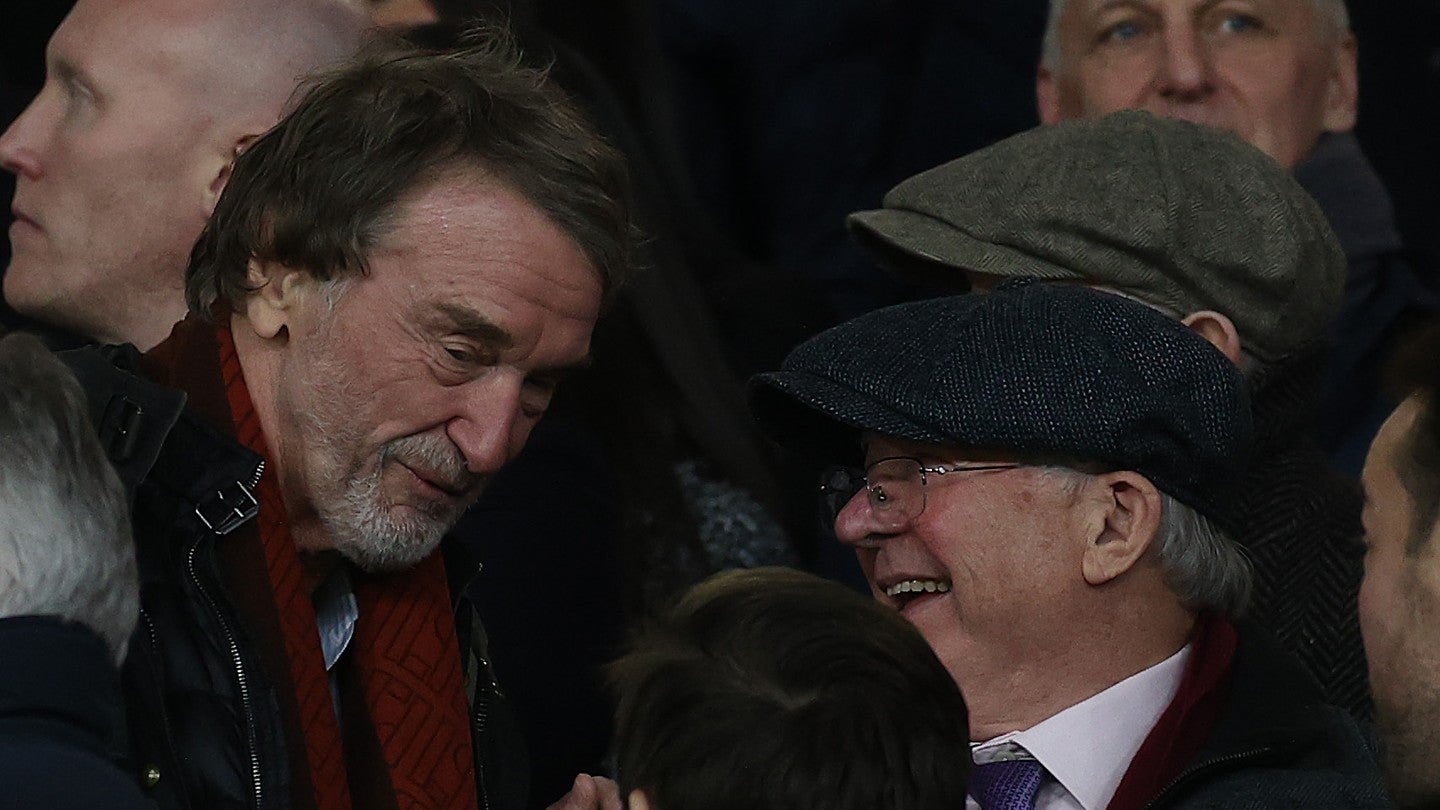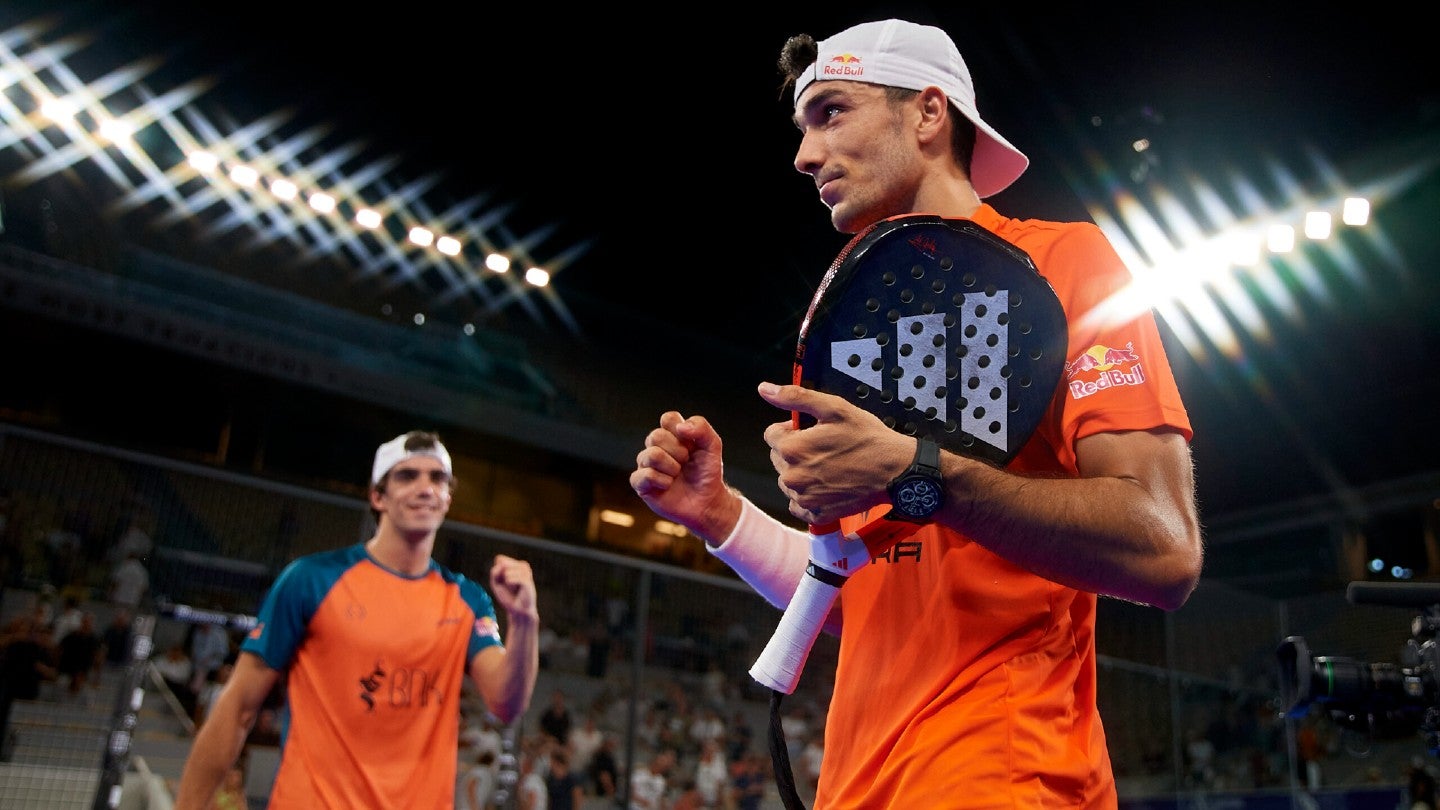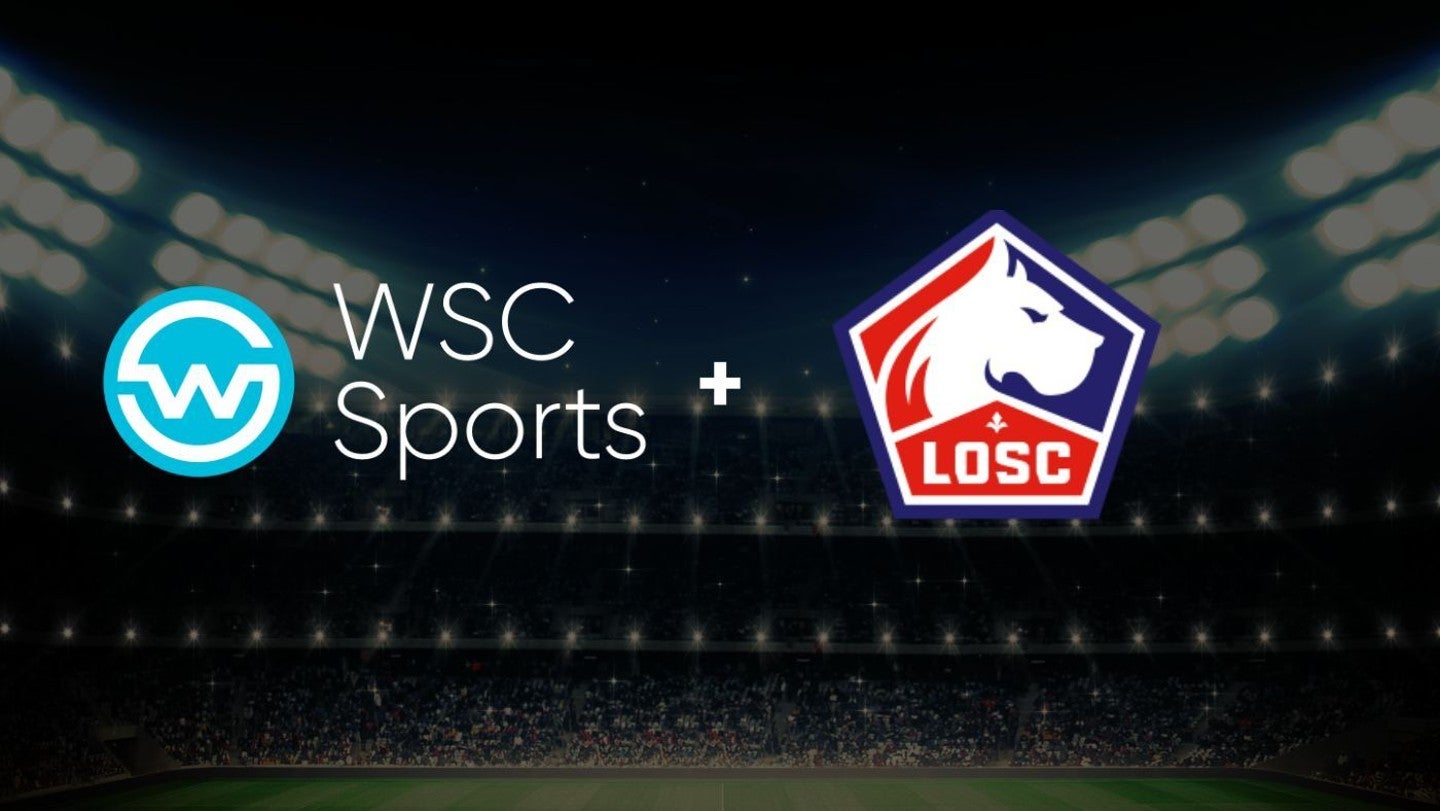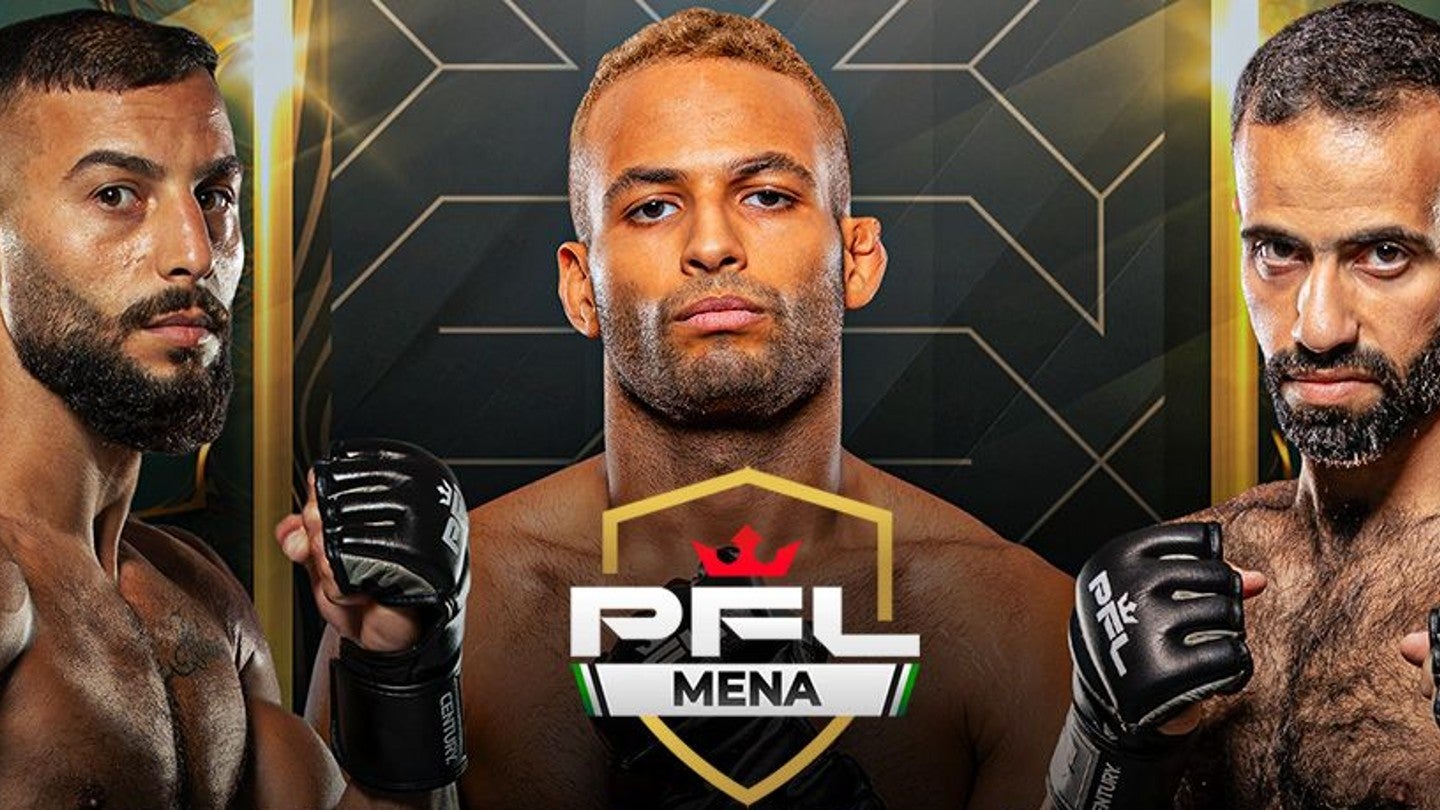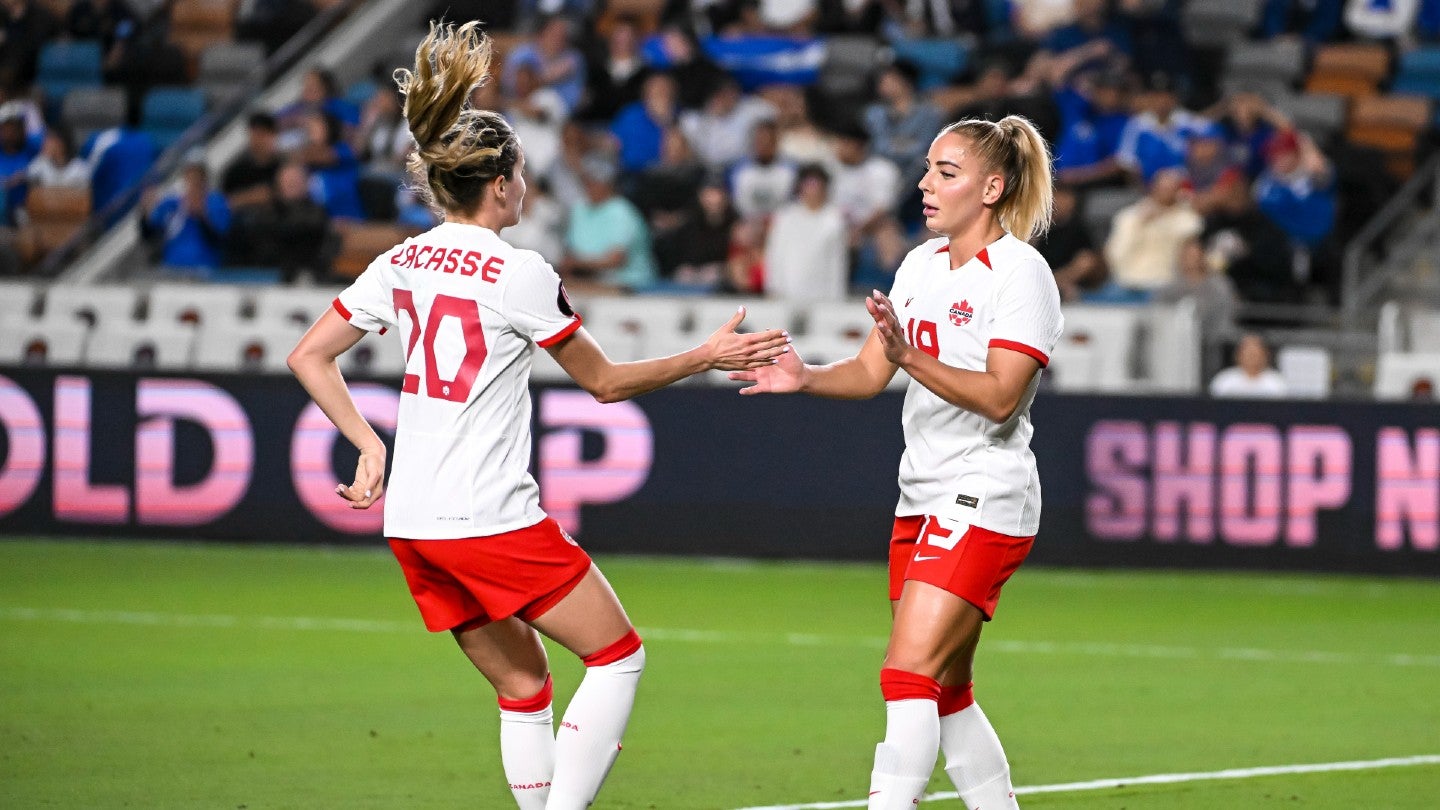The deal
The DFL, the German soccer league, has been forced into abandoning its plans to bring in private equity investment - again - after mass fan protests.
Last week, the DFL announced its plans for outside private equity to take a share of up to 8% in the broadcast rights of the top-tier Bundesliga and 2.Bundesliga over 20, for around €1 billion ($1.1 billion), had ended.
The move came after the DFL confirmed it had narrowed down its potential partners to just CVC Capital Partners, which has similar agreements with Spain’s top-tier LaLiga and France’s Ligue 1.
However, widespread fan protests have now kiboshed the idea, with supporter groups undertaking a series of coordinated disruptions during matches to show their disapproval by throwing tennis balls and various other objects, as well as using remote-controlled toy cars to stop games.
The discontent among fans centers around second-tier club Hannover 96 and the vote of their chief executive Martin Kind, who, despite his club publicly opposing the investment proposal, voted in favor of the deal which gave the DFL the necessary two-thirds majority it needed to begin negotiations with potential investors.
Supporter groups believe his vote goes against the ‘50+1 rule’ that gives fans 50% + 1 in terms of voting rights at German soccer clubs.
Hans Joachim-Watzke, supervisory board chair at the DFL and chief executive of heavyweight top-tier Bundesliga side Borussia Dortmund, said: “In light of recent developments, it appears that continuing the process successfully is something that is no longer possible.
“Although there was a significant majority in favor of the necessity of the strategic partnership from a business perspective, German professional football is in the midst of a crucial test of its strength, and this topic has given rise to considerable conflict.”
Why it matters
This was the closest the league had come to reaching an agreement to bring in an investor, with the DFL’s joint chief executives Marc Lenz and Steffen Merkel strongly advocating for outside investment since taking charge last year with a mandate to secure the “long-term development” of German soccer.
Germany’s biggest clubs, Bayern Munich and Borussia Dortmund, have also been strongly in favor of securing an investment deal to grow the international appeal of the Bundesliga.
However, German soccer fans have once again demonstrated their influence in the domestic game, all but ending the prospects of the DFL reaching an agreement with CVC.
Opposition from fans to allow private equity firms influence over German soccer was always expected. However, Kind voting against the wishes of his club and its members was the tipping point and represented a direct threat to the 50+1 rule. Kind’s move will likely be scrutinized, with questions surrounding how he was able to override his fan's preferences.
The DFL, meanwhile, will now have to explore alternative means of investment to achieve goals. At the same time, Bayern Munich and Borussia Dortmund remain frustrated at being thwarted by smaller clubs as they try to challenge English Premier League teams and other big-budget clubs that have a wealth advantage.
Conrad Wiacek, head of analysis and consulting at Sporcal (GlobalData Sport), has said: “The power of fans in Germany has once again been made evident with the collapse of the latest plan to sell off parts of the Bundesliga to private equity firms.
“By selling a part of future media rights, the DFL hoped to raise revenue to diversify its digital offering as well as provide a significant amount for clubs to use to develop infrastructure, in addition to providing clubs with a lump sum.
“Given the financial hardships incurred by some clubs in recent years - Schalke and Hertha Berlin for example - the clubs were no doubt keen to utilize funds to try and compete with the financial dominance of sides from England.
“While many German clubs outsource their commercial strategies to agencies, this model does not seem to cause as much turbulence amongst fans, but private equity investment was seen as a step too far. For the second time in less than a year, fans have made their voices heard through organized and consistent protests.
“The 50+1 ownership rule in Germany gives fans an unprecedented voice and fans of Bayern Munich effectively got rid of sponsor Qatar Airways through protests. The DFL had originally tried to secure private equity investment in May of last year and yet again the fan discontent has made the DFL's plans for such a deal simply untenable.”
The details
The DFL was given the green light to begin talks with potential investors in December after 24 of the 36 clubs that comprise the top two divisions voted in favor of the plans, acquiring the two-thirds majority by just one vote. Ten voted against, while two abstained in the secret ballot.
It was the second attempt by the DFL to secure outside investment last year after the club previously voted against the idea last May.
The deal would have seen the DFL sell a maximum stake of 8% in a new subsidiary, called DFL MediaCo, that would have managed the league’s media rights in return for an investment of €1 billion in the entity – a significantly reduced figure from what it was previously seeking.
The league said it would use 40% of the generated revenue for digitalization and 45% to improve the infrastructure of the 36 teams. The remaining 15% would be free to use by the individual clubs.
It was always envisaged that a potential sale of a share in the DFL’s media rights would have to be concluded before April as the league will go to market with its next cycle of domestic broadcasting rights for the 2025-2026 to 2028-2029 seasons.
The DFL then sought to allay fans' objections by assuring them it would stick to several “red lines,” including that it would not sell a share in its organization but would instead offer “a temporary minority interest in licensing revenue from the sale of DFL’s commercial rights to safeguard the clubs’ interests.”
At the time, the league stated that models of this kind are not new in soccer and pointed to how clubs have used marketing partners to provide support over the last 20 years. The Sportfive agency, for example, is a prominent player in the Bundesliga in this area and works with several clubs.
The DFL also said that once the temporary minority interest expires, the licensed rights would automatically return to the body.
However, it did nothing to quell the anger of the fans, with several clubs calling on a re-vote on a deal with CVC amid the protests. Now, this will no longer be necessary, with Watzke accepting the deal has caused significant disruption.
After announcing the plans had been dropped, he said: “This was not limited to within the Ligaverband association [of the 36 clubs that compete in the Bundesliga and 2. Bundesliga] but also, in some cases, within the clubs themselves: between professional players, coaches, club officials, supervisory bodies, members assemblies, and fan communities.
“That conflict is increasingly putting match operations, specific matches, and thus the integrity of the competition at risk. The viability of a successful contract as regards financing for the 36 clubs can therefore no longer be assured, given the circumstance.”


